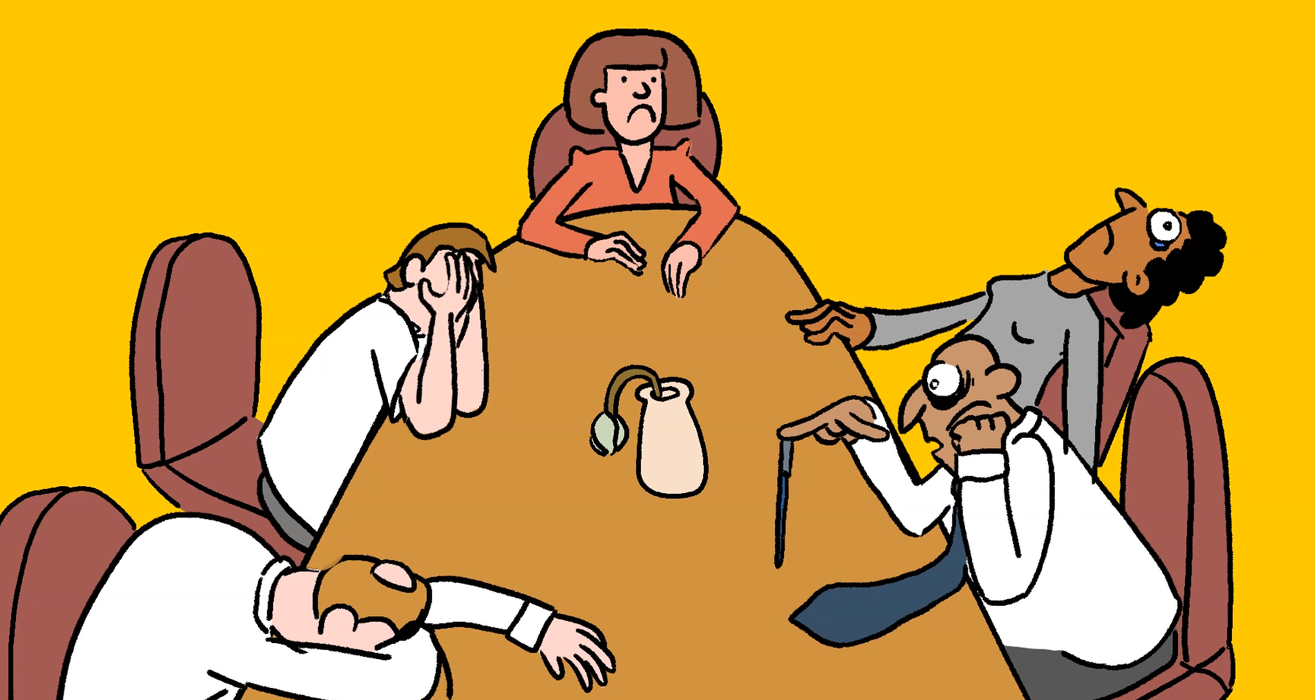Wellbeing in the workplace has surged to the top of employer’s priorities over the last few years. The focus on supporting employee’s mental health was propelled by the pandemic, and has proven to be important, with 70% of employees enrolled in wellness programs reporting higher job satisfaction than those who are not (Aflac). But for some, rather than a work-life balance, we’ve seen a blending of the two, with employers perhaps prying too far into employee’s personal lives.
Support can range anywhere from encouraging emails with a bullet point list of mental health tips, to covering the costs of therapists and gym memberships. The wellness industry has taken full notice of this and targeted the workplace as a fresh market, with apps like Headspace seeing a 500% increase in companies’ requests for the service (Advisory). While the help is welcomed, some employees have noted managers taking this role of caretaker a bit too heavily. Initiatives that mean well, such as software that monitors what websites employees visit and how it impacts their mood, can be seen as invasive and a privacy risk.
Still, the workplace wellbeing industry is certainly here to stay. 66% of Gen Z and 51% of millennials are asking for greater employer investment in mental health – younger generations are continually striving to destigmatize the topic and make its importance known, and this extends to the workplace. With the “Great Resignation” upon us, employees are not settling for work that devalues their health, and within the animation industry, 87% of workers looking for a new job are prioritizing company culture (ItsNiceThat).
With 83% of US workers suffering from work-related stress however (Everest College), it’s vital solutions are centered around the workplace and the environment it provides. A healthy team of employees starts with company culture, offering wellness benefits won’t create real change if mental health is still stigmatized.
As we continue to incorporate wellness strategies into the workplace, we should be wary of intrusive strategies and instead focus on providing resources for employees that allow privacy and personalization. Animated solutions can be a part of this, from offering videos that provide helpful information to those suffering from stress, to videos that can soothingly accompany meditation tracks.
If you would like to learn more about how animation can help in the new wave of wellness, feel free to contact us at hello@shootyou.co.uk.



